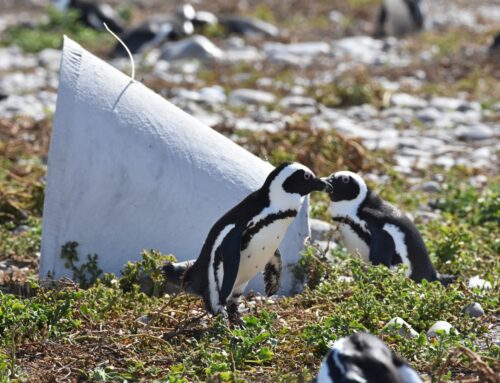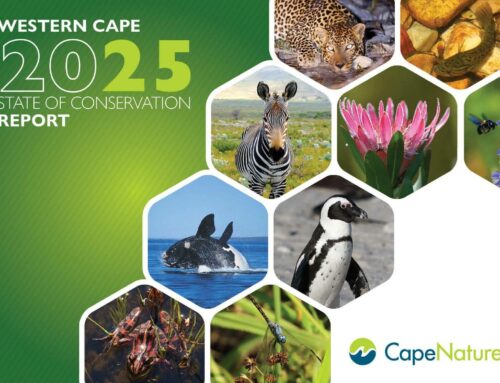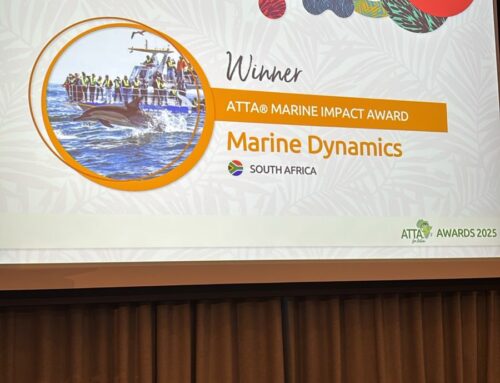MARINE EVENING WITH GIBBS KUGURU – HAMMERHEAD SHARKS AND GENETICS
September 26, 2016 Brenda du Toit
Passionate conservationist and accomplished speaker, Gibbs Kuguru was the recent speaker at the Marine Dynamics marine evening on the 27th September.
Gibbs Kuguru is a final year candidate for his MSc in Genetics from Stellenbosch University. His research is primarily focused on the smooth hammerhead sharks in South Africa, but he has also worked with other sharks for fisheries management purposes. He came to South Africa four years ago and worked in the cage diving industry for 2.5 years in Mossel Bay with White Shark Africa. There he was introduced to sharks for the first time and hasn’t stopped pursuing them since.
Gibbs opened with an interesting insert from local community show 50 │50 on his tagging work with the smooth hammerhead sharks. When taking a young hammerhead out the water, he keeps to a strict time limit of five minutes to hook and release. The shark is put on a platform and scientific data taken – an R code tag, similar to the tags the Dyer Island Conservation Trust team deploy on great whites in Gansbaai, will give data for twenty years. A genetic sample is taken from the trailing edge of the dorsal fin. This knowledge gathered will ultimately help to conserve the population. As Gibbs says, “The DNA molecule structure holds so much complexity and it helps scientists in estimating and maintaining diversity. So many challenges face species like the hammerhead such as trophy fishing, shark finning and even shark meat is becoming more popular. However, although charismatic species help highlight the issues, others like the sawfish are often neglected.”
Genetics can be a puzzling topic when trying to understand how populations evolve and what that means for our ecosystem. Though the idea of population genetics isn’t too complex, the results can sometimes be difficult to interpret and link up with biological aspects. Pressures such as those from fishing; fitness against disease; or a virus that could then wipe out a population, can all be assessed with genetics. Where chances of survival are decreased, population bottlenecks can lead to inbreeding. Negative effects could be deformities, cancer, infertility, birth defects. Gibbs does not profess to have all the answers and the population of smooth hammerheads in SA is not certain, but hopefully his studies will reveal some useful answers for future work to build upon.
(Marine evenings are held at the Great White House and sponsored by Marine Dynamics and Dyer Island Cruises. To join the mailing list, email






